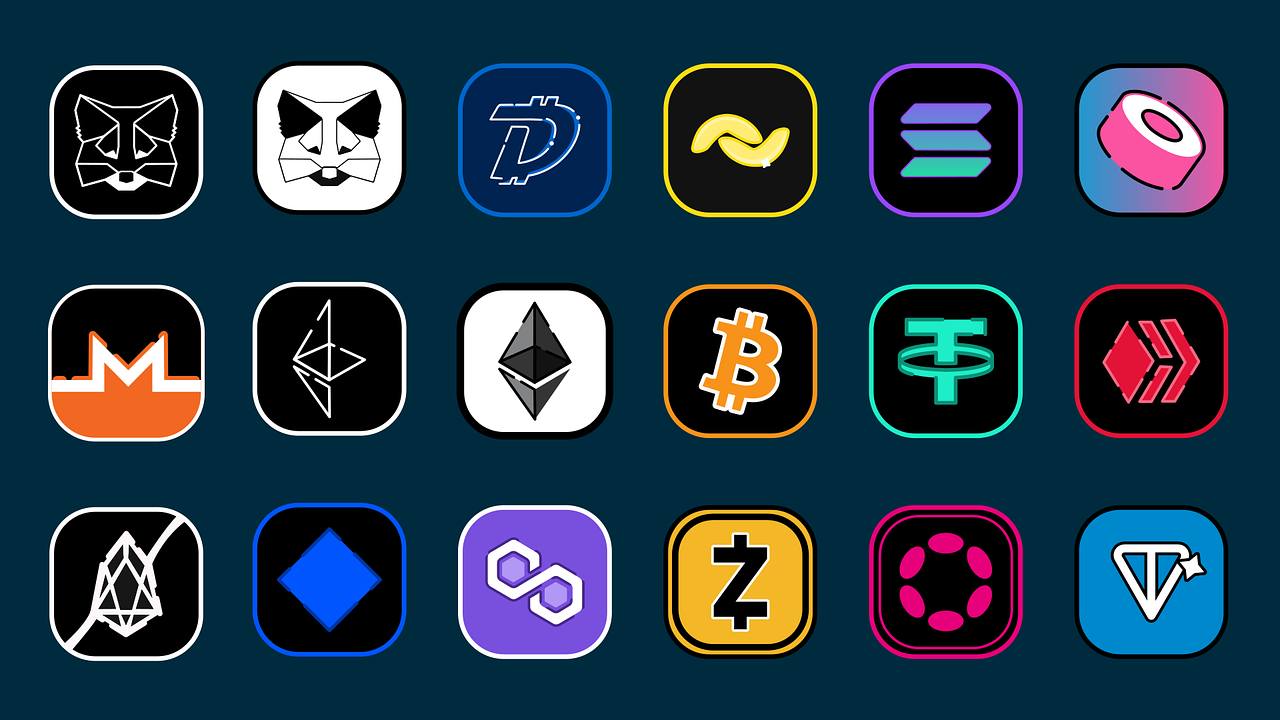 The rise of decentralized finance (DeFi) and blockchain-based applications has led to an explosion of interest in crypto gambling platforms. From decentralized casinos to blockchain-based betting protocols, users are increasingly turning to digital wallets for secure, seamless access to their favorite gambling dApps (decentralized applications). Among the most popular wallets for such activities are MetaMask and Coinbase Wallet for gambling—each offering distinct strengths, limitations, and user experiences.
The rise of decentralized finance (DeFi) and blockchain-based applications has led to an explosion of interest in crypto gambling platforms. From decentralized casinos to blockchain-based betting protocols, users are increasingly turning to digital wallets for secure, seamless access to their favorite gambling dApps (decentralized applications). Among the most popular wallets for such activities are MetaMask and Coinbase Wallet for gambling—each offering distinct strengths, limitations, and user experiences.
But when it comes to gambling with crypto, which wallet comes out on top? Let’s dive into a detailed comparison to find out.
Overview: MetaMask vs Coinbase Wallet
MetaMask is a browser extension and mobile app wallet developed by ConsenSys, primarily built to interact with the Ethereum blockchain and other EVM-compatible chains like Polygon, BNB Chain, and Avalanche. It’s known for its wide dApp support, customizable features, and self-custody model.
Coinbase Wallet, on the other hand, is a standalone non-custodial wallet from Coinbase. While it is developed by the same company that runs the Coinbase exchange, it operates independently of exchange accounts. It also supports Ethereum and multiple Layer-2 chains, with deep integration into Coinbase’s ecosystem.
Ease of Use for Gambling Platforms
MetaMask
MetaMask is widely recognized across most decentralized gambling platforms. It can be easily connected to Ethereum-based casinos and sportsbooks with just a couple of clicks. Since MetaMask is compatible with many EVM chains, users can gamble using various tokens and Layer-2 networks with reduced fees. The wallet interface is clean, albeit slightly technical, which might be a small learning curve for beginners.
Coinbase Wallet
Coinbase Wallet is also user-friendly and designed with mobile-first users in mind. It offers a smooth onboarding experience, particularly for people who already use Coinbase’s exchange. One major perk is that users can transfer funds from Coinbase to the wallet directly and seamlessly. However, its compatibility with certain gambling dApps is slightly more limited compared to MetaMask.
Winner: MetaMask, for broader dApp support and multi-chain compatibility.
Security and Control
Both MetaMask and Coinbase Wallet are non-custodial, meaning users maintain full control of their private keys. This is critical for gamblers who prioritize privacy and asset sovereignty.
MetaMask
MetaMask gives users complete autonomy over their wallet. However, its browser extension is a popular target for phishing and malware, which puts security-conscious gamblers on alert. Users must be vigilant, use hardware wallets for large balances, and only interact with verified dApps.
Coinbase Wallet
Coinbase Wallet also offers non-custodial access, with added security benefits like cloud backup options and biometric login features on mobile. For casual gamblers who want additional safety nets, this makes Coinbase Wallet slightly more approachable. It’s less commonly targeted by phishing campaigns than MetaMask.
Winner: Tie, depending on your personal security setup and awareness level.
Token and Chain Support
MetaMask
Originally built for Ethereum, MetaMask has expanded to support a wide range of Layer-2 solutions (like Arbitrum and Optimism) and other EVM-compatible chains. This is particularly useful in gambling, where high transaction fees on Ethereum mainnet can reduce the appeal of small bets.
Coinbase Wallet
Coinbase Wallet also supports Ethereum, Layer-2s, and some other blockchains, but with slightly fewer options compared to MetaMask. It also doesn’t offer the same ease of adding custom networks or tokens, which can limit users looking to gamble on less popular or experimental platforms.
Winner: MetaMask, for broader network and token flexibility.
Integration with Exchanges and Fiat On-Ramps
MetaMask
MetaMask does support buying crypto via third-party on-ramps (like MoonPay and Transak), but the process can be clunky and comes with higher fees. Users typically need to buy on an exchange and then transfer funds into MetaMask.
Coinbase Wallet
This is where Coinbase Wallet shines. If you’re already a Coinbase user, you can transfer funds from your exchange account to the wallet with no fees and almost instantly. This makes it incredibly convenient for gamblers who frequently move funds in and out of platforms.
Winner: Coinbase Wallet, for seamless exchange integration.
Mobile Gambling Experience
More gamblers are betting on the go, and mobile wallet performance is a key factor.
-
MetaMask Mobile is robust and supports browser-based dApp access, though it can be buggy on some devices.
-
Coinbase Wallet Mobile has a more polished UI and smoother app experience overall. Its built-in dApp browser and QR code scanner make gambling more accessible to non-technical users.
Winner: Coinbase Wallet, for superior mobile UX.
Conclusion:
Both MetaMask and Coinbase Wallet are excellent choices for crypto gambling, but they cater to slightly different users.
Choose MetaMask if you’re an experienced crypto user looking for wide dApp access, custom network support, and flexible token management.
Opt for Coinbase Wallet if you’re newer to the space, value seamless Coinbase integration, or prioritize a smoother mobile experience.
Ultimately, the best wallet is the one that aligns with your habits, your gambling platforms of choice, and your risk tolerance. Whichever you choose, always practice responsible gambling and ensure your wallet and keys are secured.